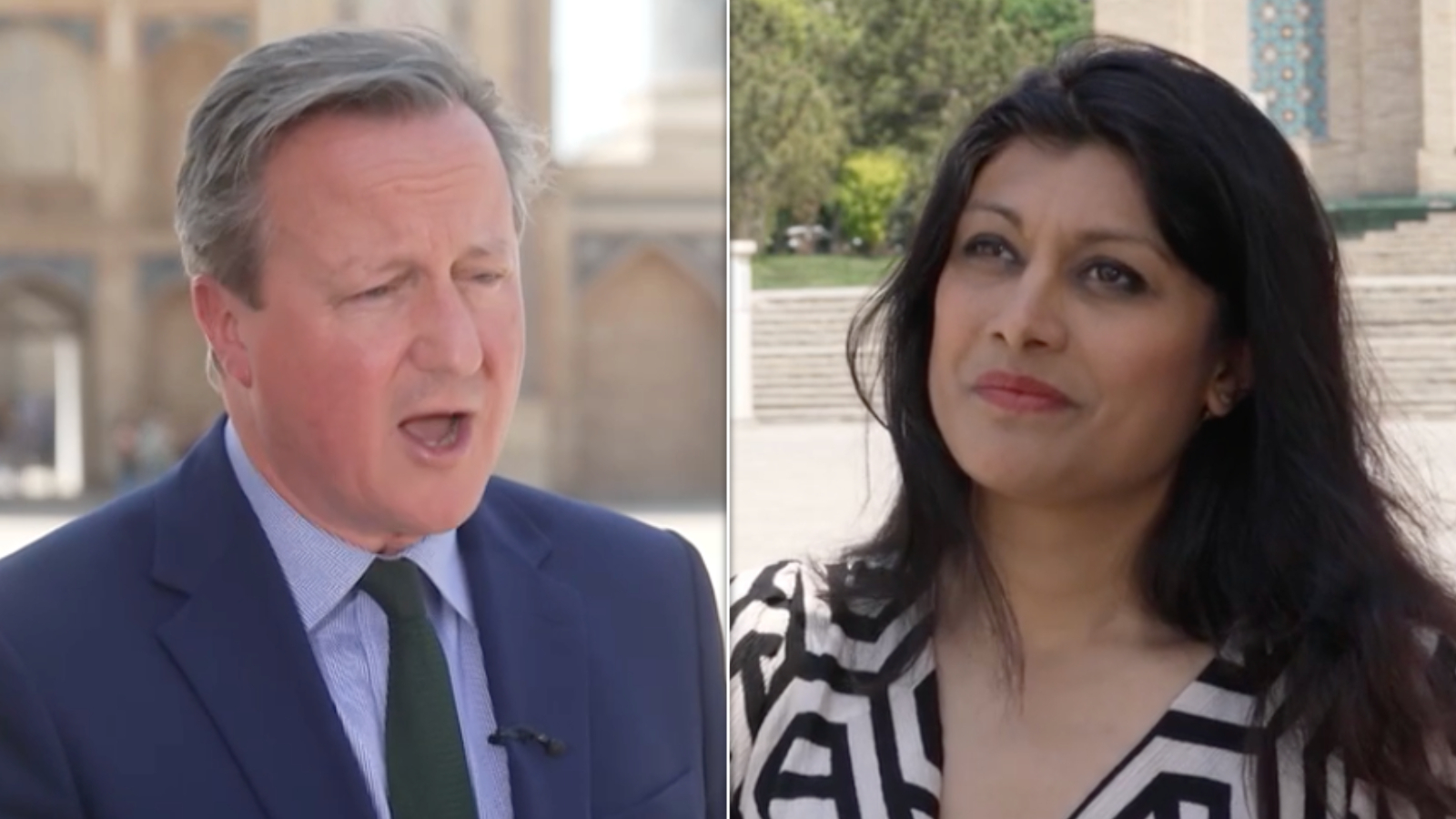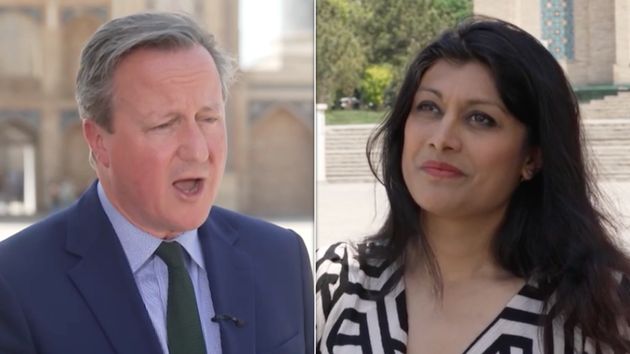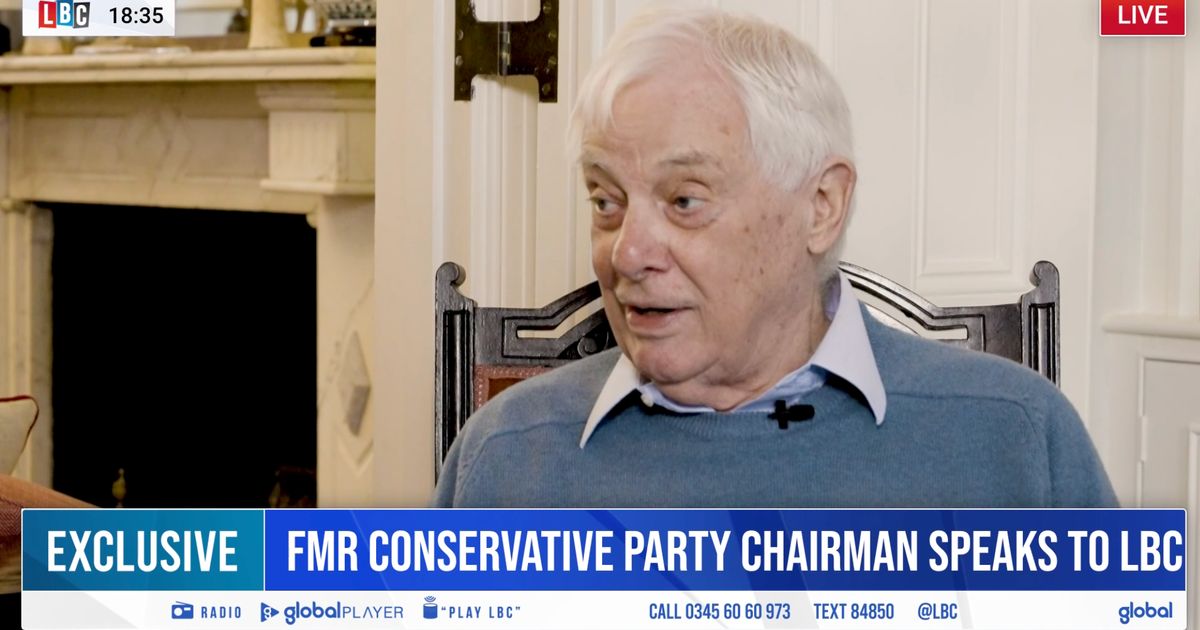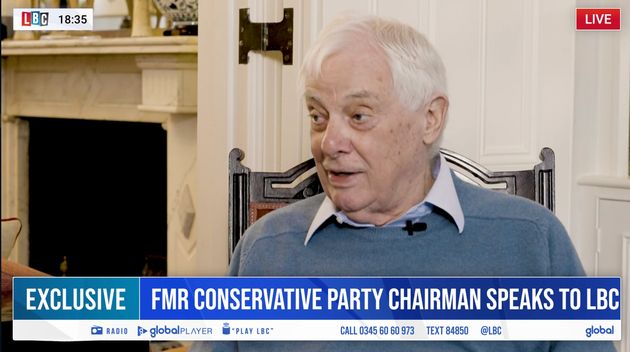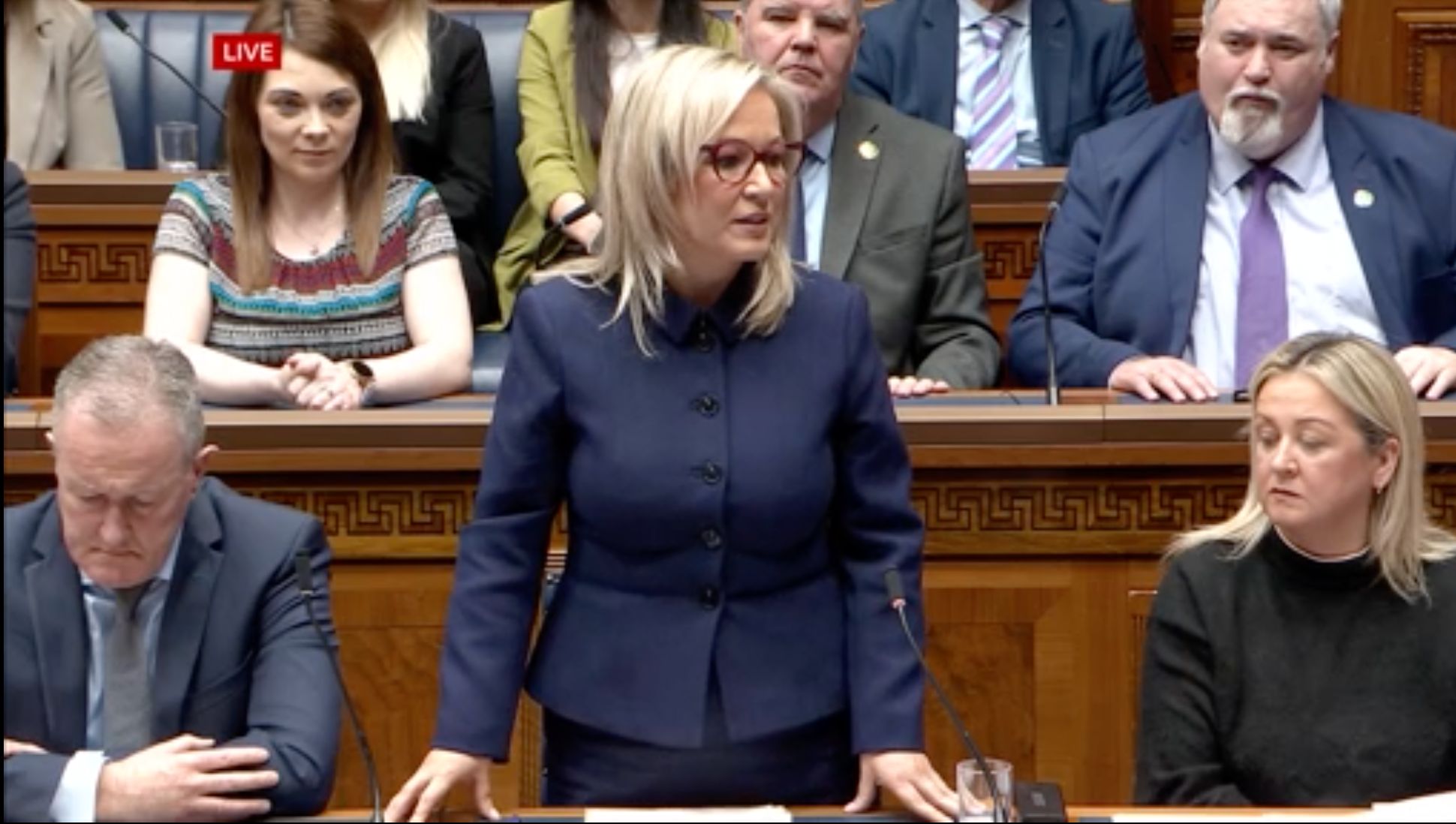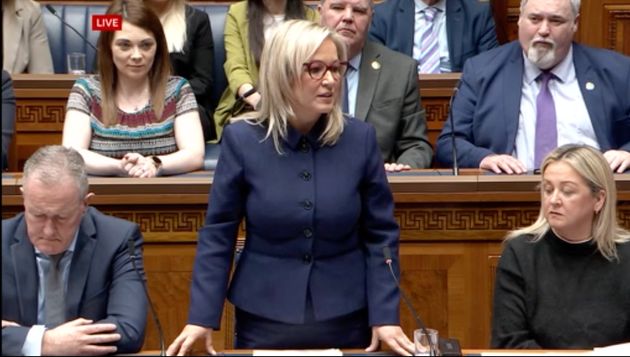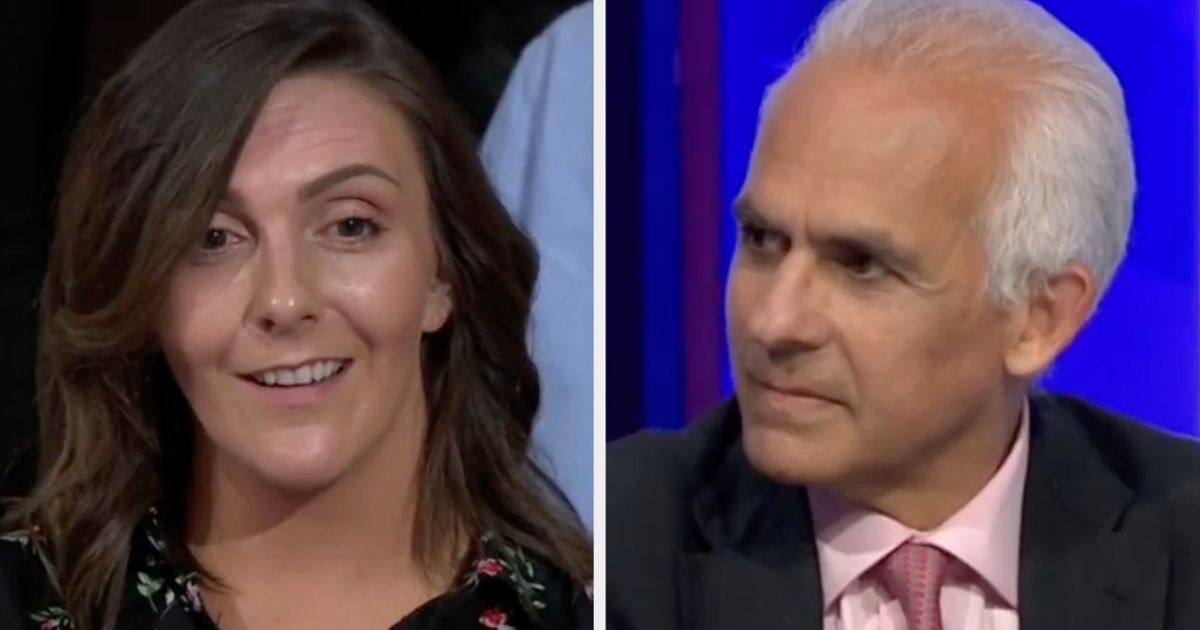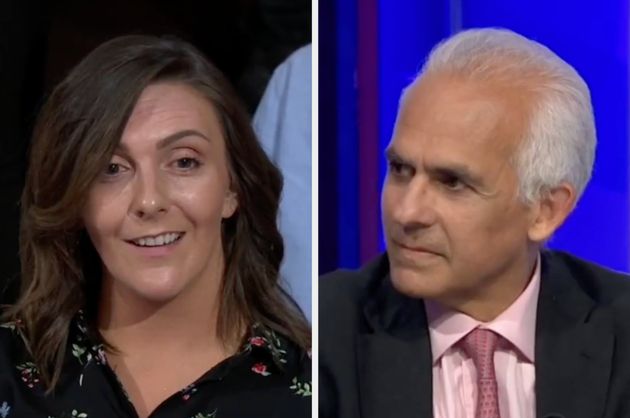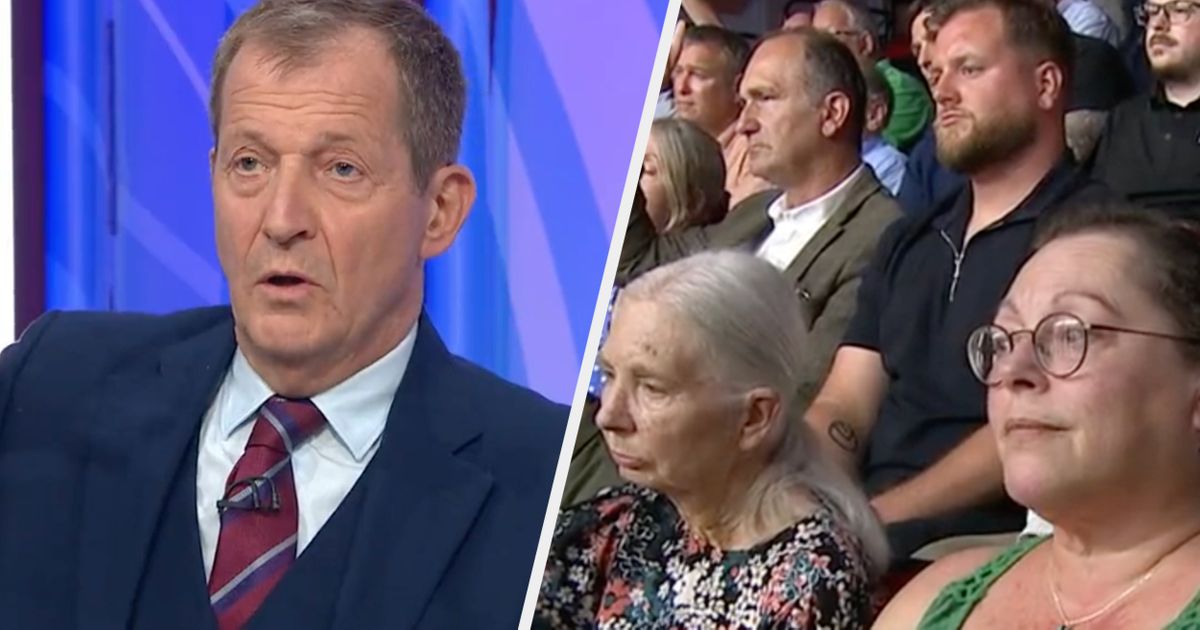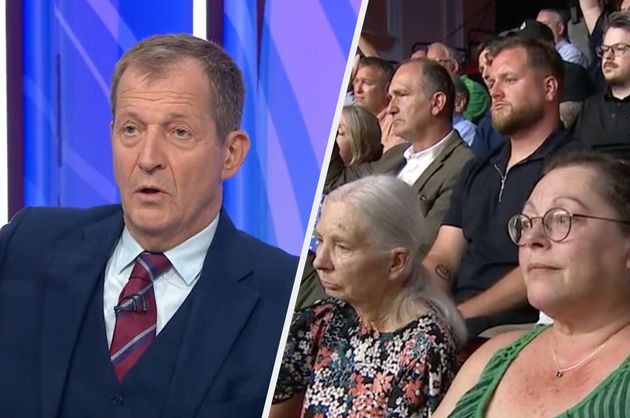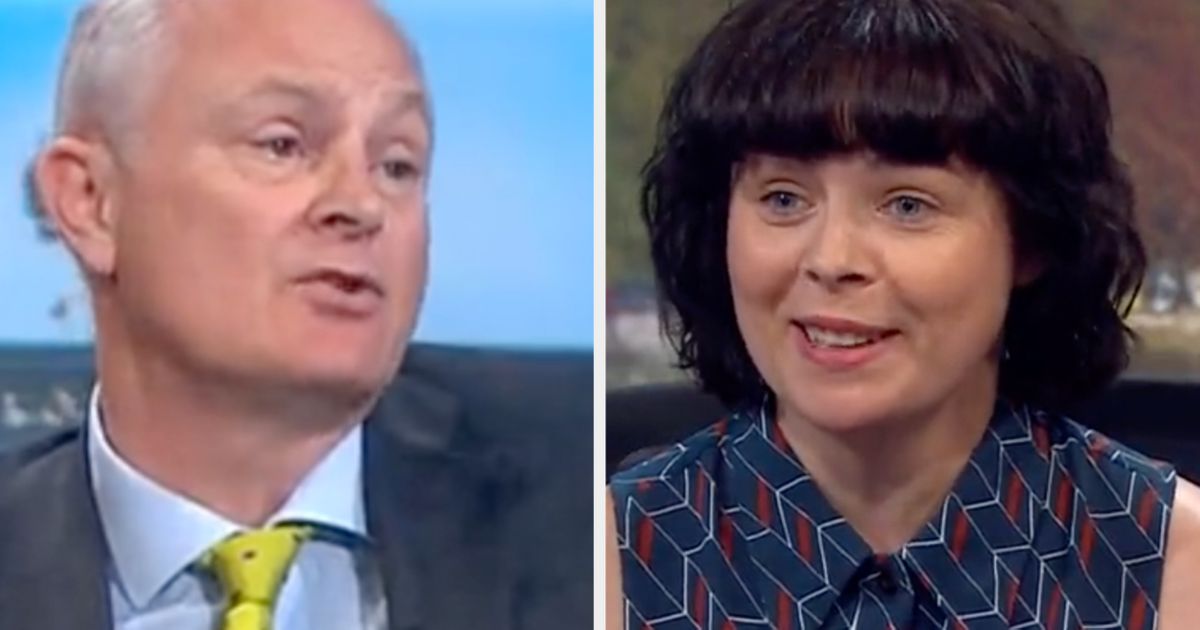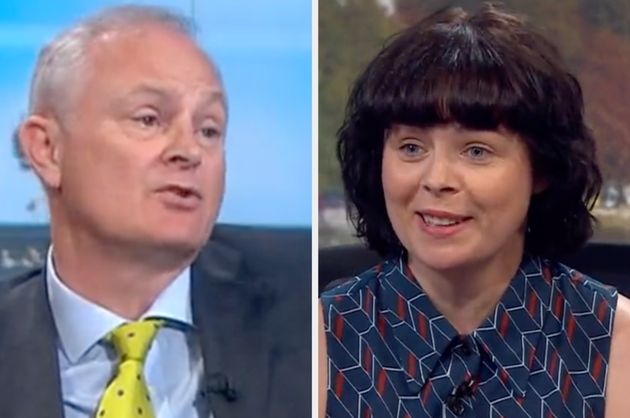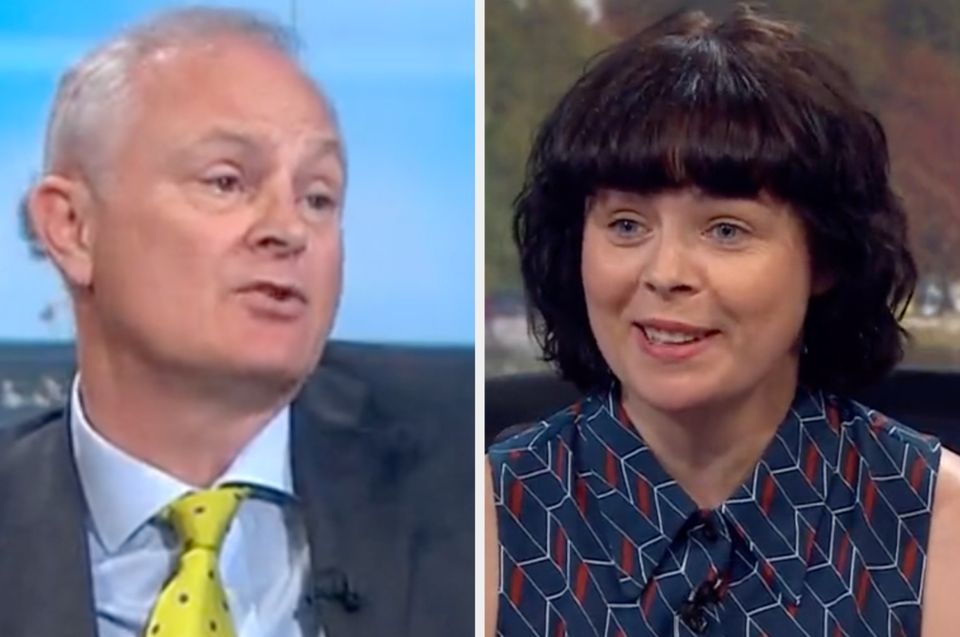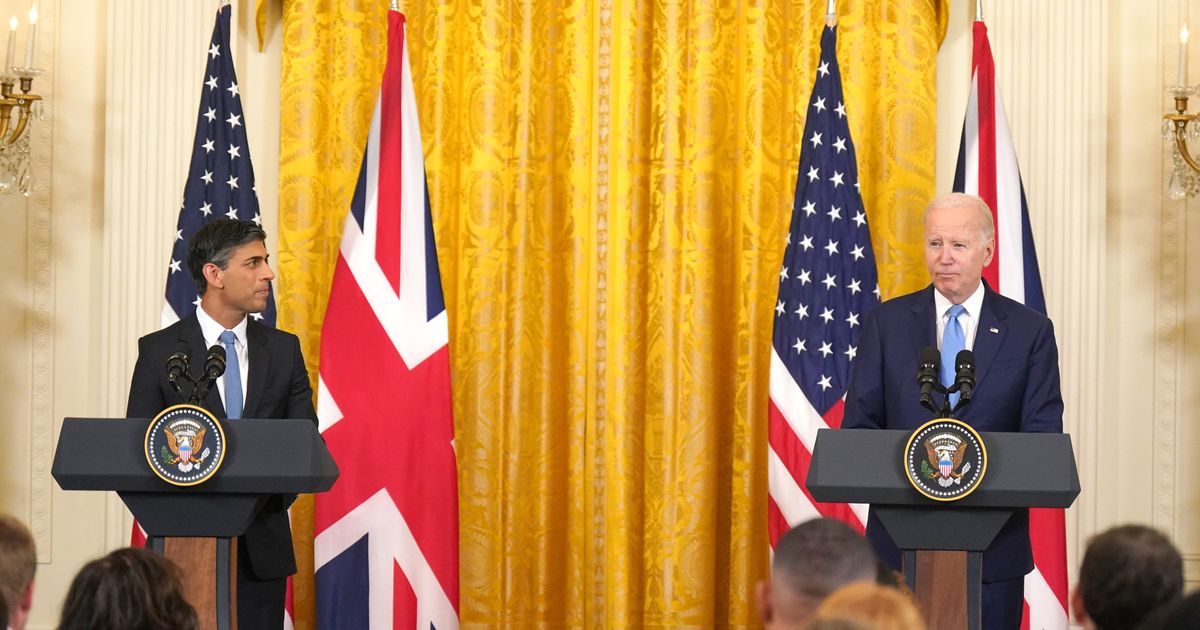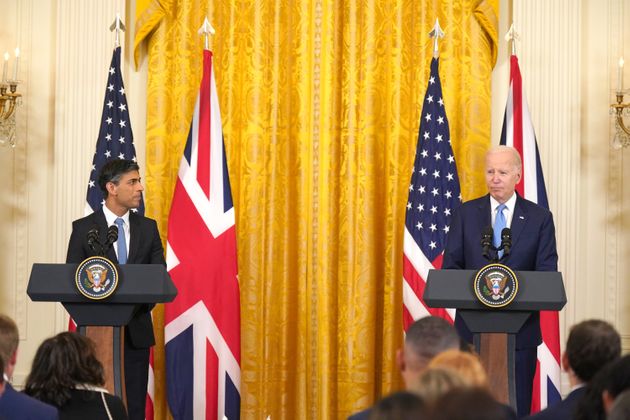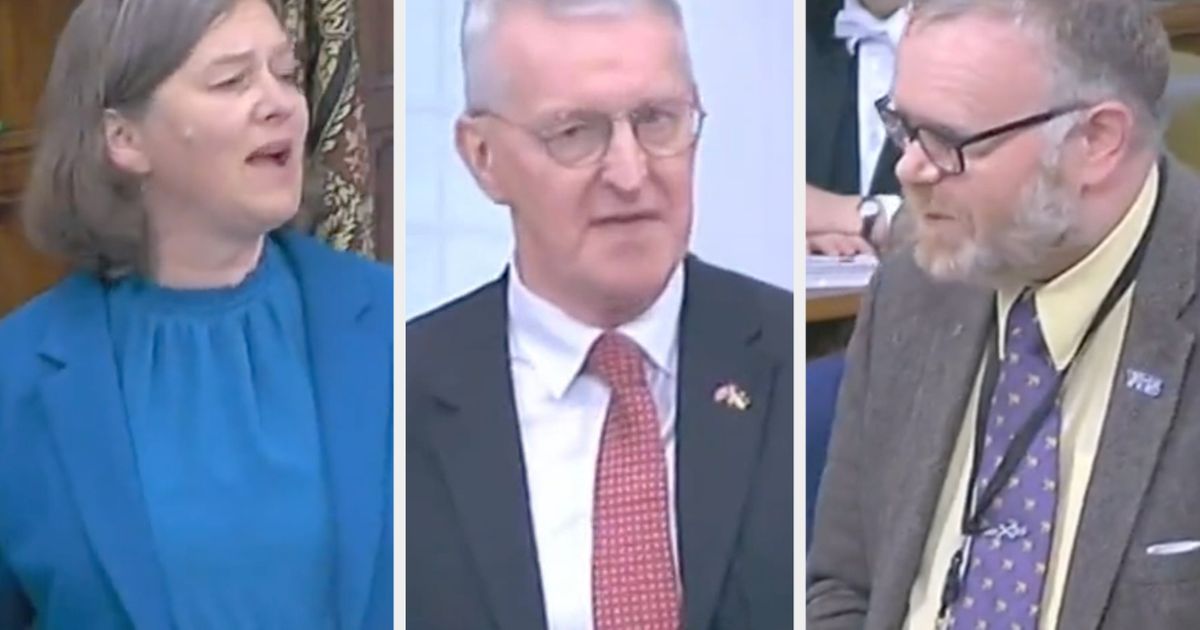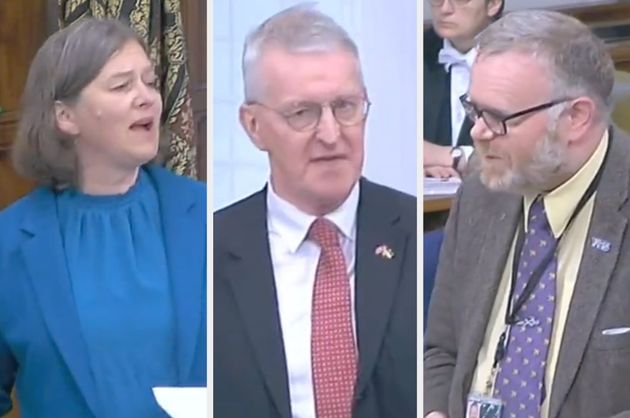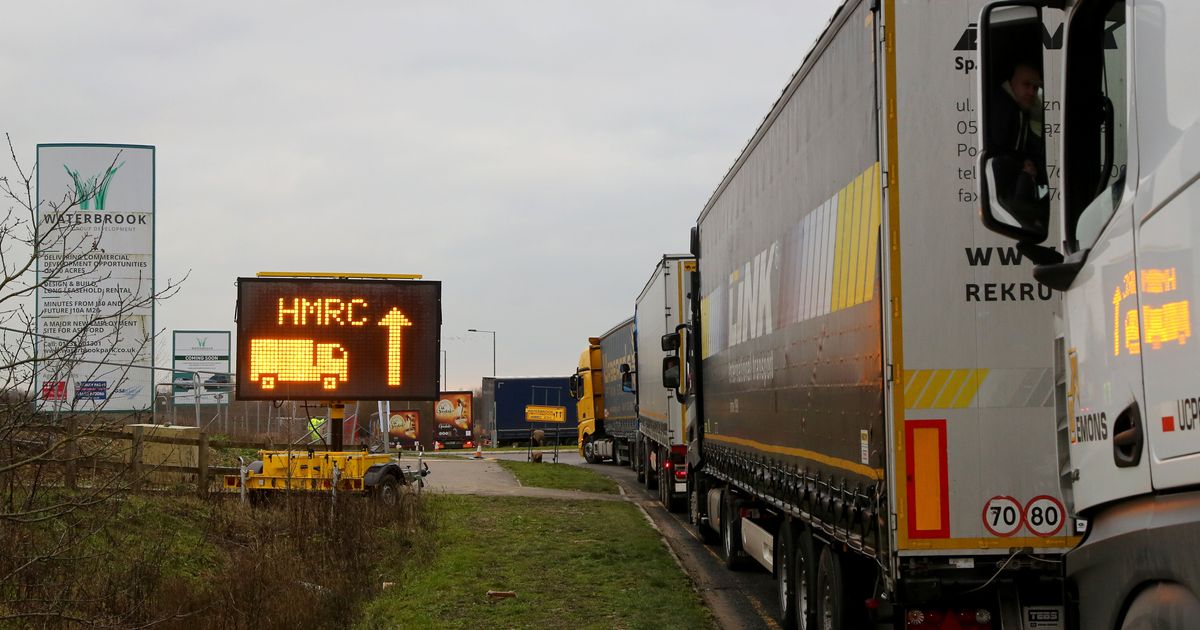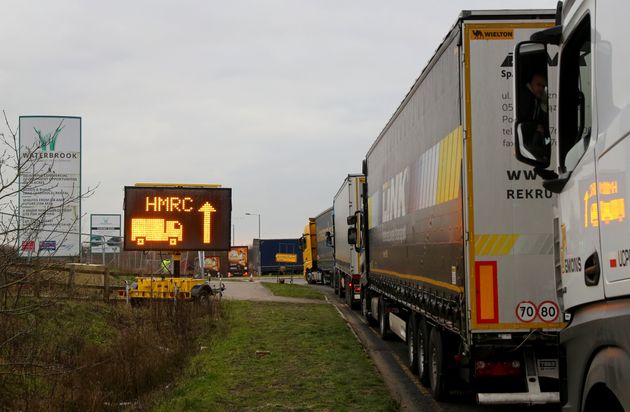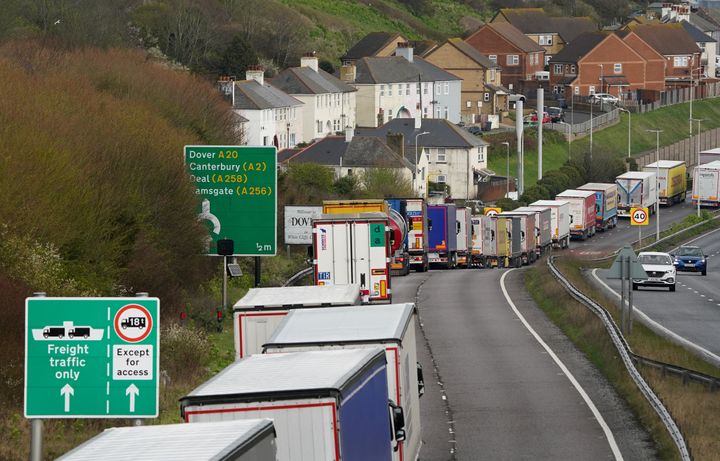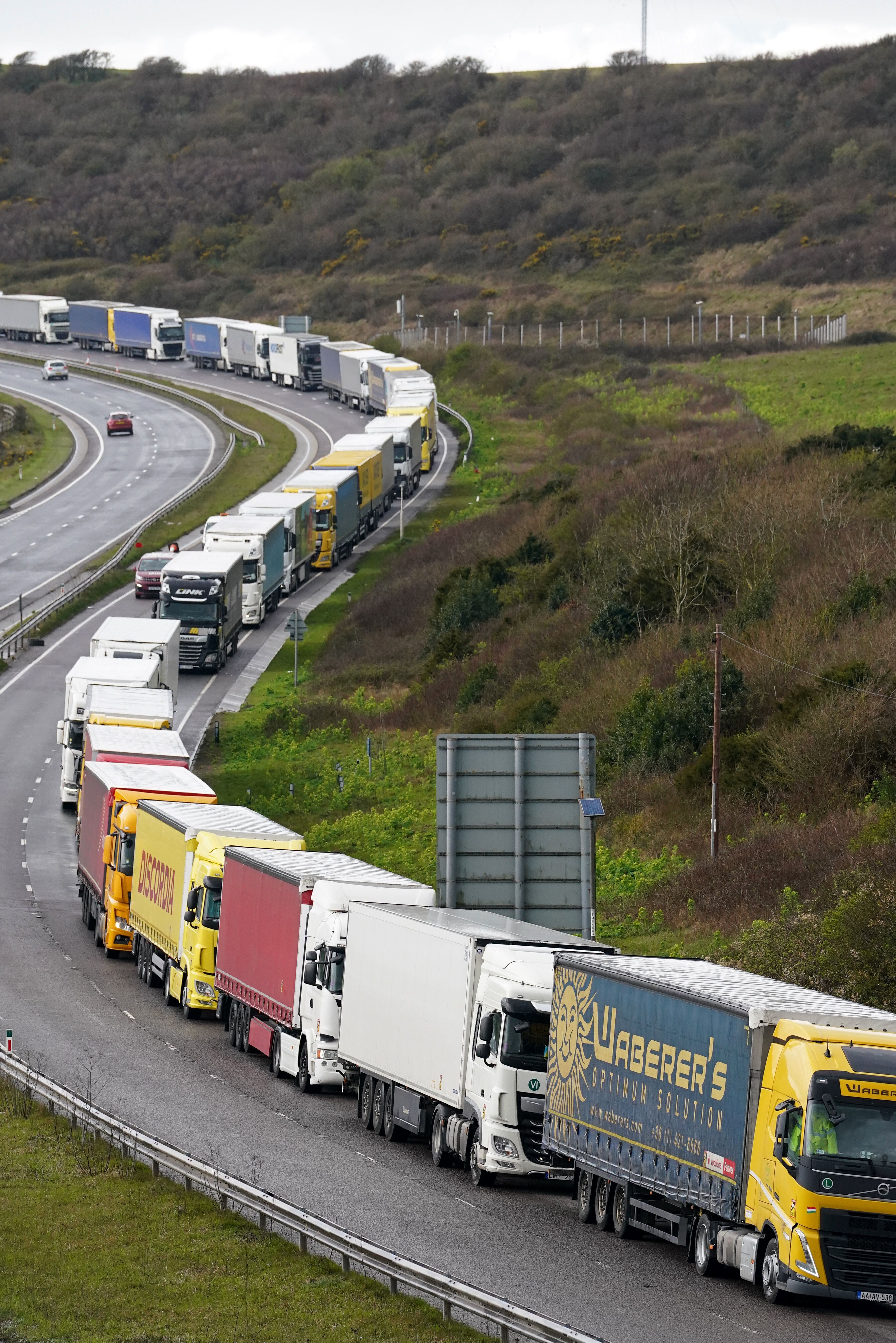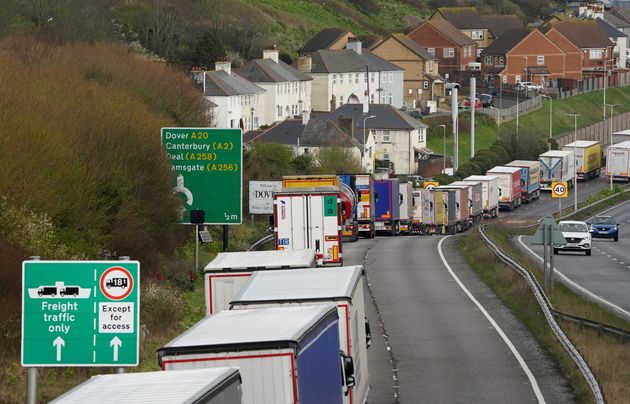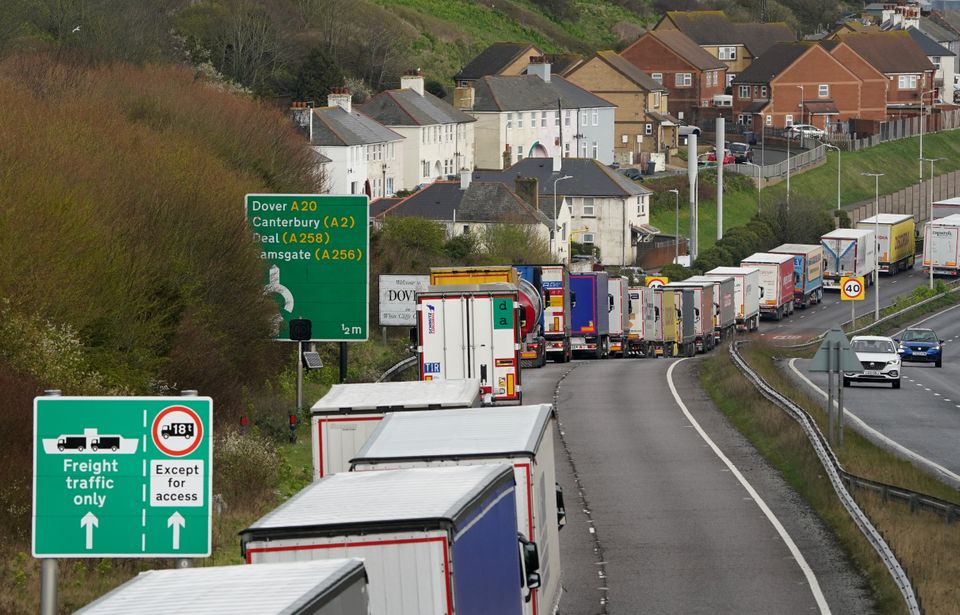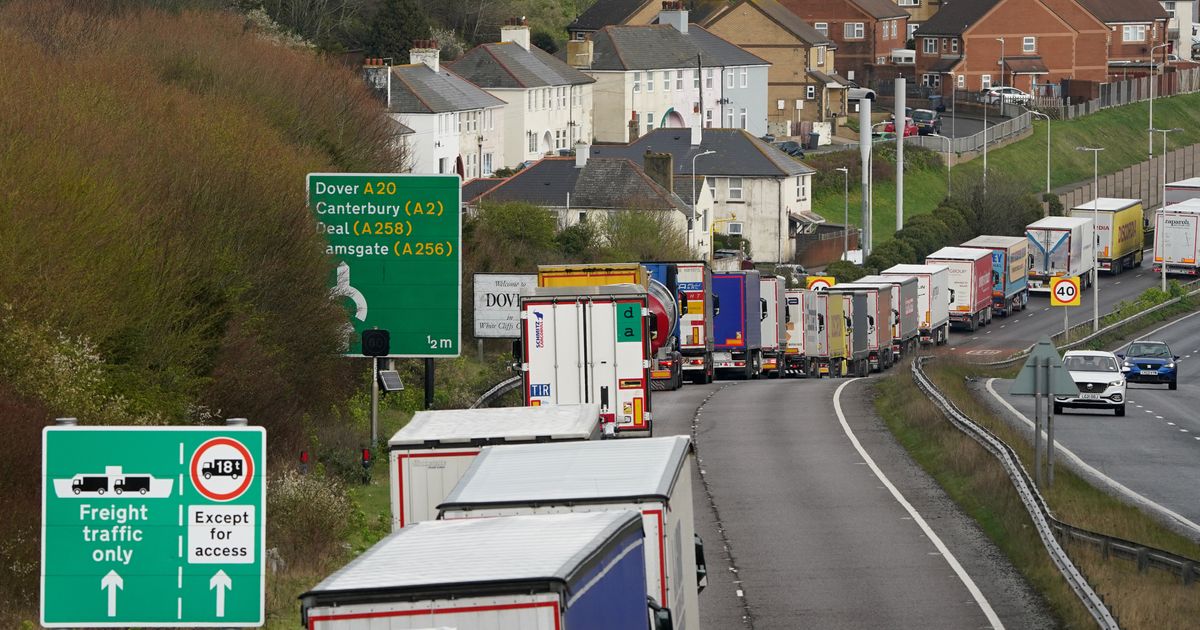The benefits of Brexit have been written off as “pure fantasy” as MPs debated the consequences of leaving the European Union amid growing concern over the decision.
On Monday, a three-hour debate took place in Westminster Hall triggered by 183,000 people signing a petition calling for a public inquiry into the impact of Brexit.
Brexit and its consequences have been discussed periodically in parliament, but it is thought this is the first time a full debate has examined what leaving the bloc has led to.
Brexit has been cited repeatedly as the UK’s economy is expected to perform the worst out of any G20 economies apart from Russia this year and next, an IMF analysis has suggested.
On the same day as the debate, Gerry Murphy, the chairman of Burberry, said leaving the EU had been a “drag on growth” as he hit out at the “spectacular own goal” of a post-Brexit VAT change during a Q&A with Rishi Sunak.
Ministers have previously rejected a call for an official probe into the effects of leaving the EU.
The debate was opened by SNP MP Martyn Day, speaking in favour of the petition.
He told parliamentarians: “Nearly seven years on from the Brexit referendum, the UK public are still waiting for the elusive ‘Brexit benefits’ that were promised.
“It seems to me, having raised just some of the areas where leaving the EU has impacted on the UK, that the benefits of Brexit are pure fantasy.
“The economic fallout from Brexit is stark and it has been made starker by the current cost of living crisis that is being inflicted on households up and down the country.
“From my perspective, Brexit has been an unmitigated disaster—politically, economically and socially, for Scotland and the rest of the UK.
“The UK government, of course, have a means to refute this.
“When major events occur, public inquiries can be held into matters of public concern to establish facts, to learn lessons so that mistakes are not repeated, to restore public confidence and to determine accountability.”
Speaking against the petition, Conservative MP Adam Holloway said the biggest benefit was that “our sovereignty has been repatriated”.
“It is easy to disdain patriotism if you’re economically and socially mobile and derive your self-worth from a well-paid job, or if you life is made easier by cheap labour brought by free movement,” the MP said.
Labour MP Hilary Benn picked up on sovereignty issue as he argued proponents of Brexit were “in a state of confusion and denial”.
He said: “I met many people during the campaign who made that argument. Indeed, they said, ‘I don’t care about the economic impact. My sovereignty is more important.’ I respect people’s right to hold that view; I fundamentally disagree with it.
“But what was unforgiveable was to claim that we could have all our sovereignty, keep all the benefits of being a member of the European Union and get further benefits on top of that. It simply was not true, and we now know it was not true. Therefore, those who argued for us to leave the European Union are now in a state of confusion and denial.
“That is what is going on, particularly around the economic consequences. If we do not understand what those are, how on earth are we going to build a different relationship with our European colleagues over the months and years ahead?”
Labour’s Fleur Anderson hit out at “delusion” ministers.
She said: “In December 2021, I called for a debate on the impact of Brexit and a region-by-region report. The then leader of the House (Jacob Rees-Mogg) gave me this response: ’We can start prayers every morning…with a celebration of Brexit. We should have the Brexit prayer and perhaps even the Brexit song…because it has been a triumph for this nation in reasserting its freedom.′
“He said that we now have ‘happy fish’ and that across the country ‘there is general celebrating and rejoicing’.
“That level of delusion, flippancy and not taking the issue seriously is very frustrating for people across the country, and it is why they signed the petition in such large numbers. This cannot be the last word—just writing it off and saying that Brexit has been a success without giving evidence.”
The UK government has said: “The UK’s departure from the EU was a democratic choice, and the UK-EU institutions are functioning as intended. The Government does not believe this to be an appropriate subject for a public inquiry,”
